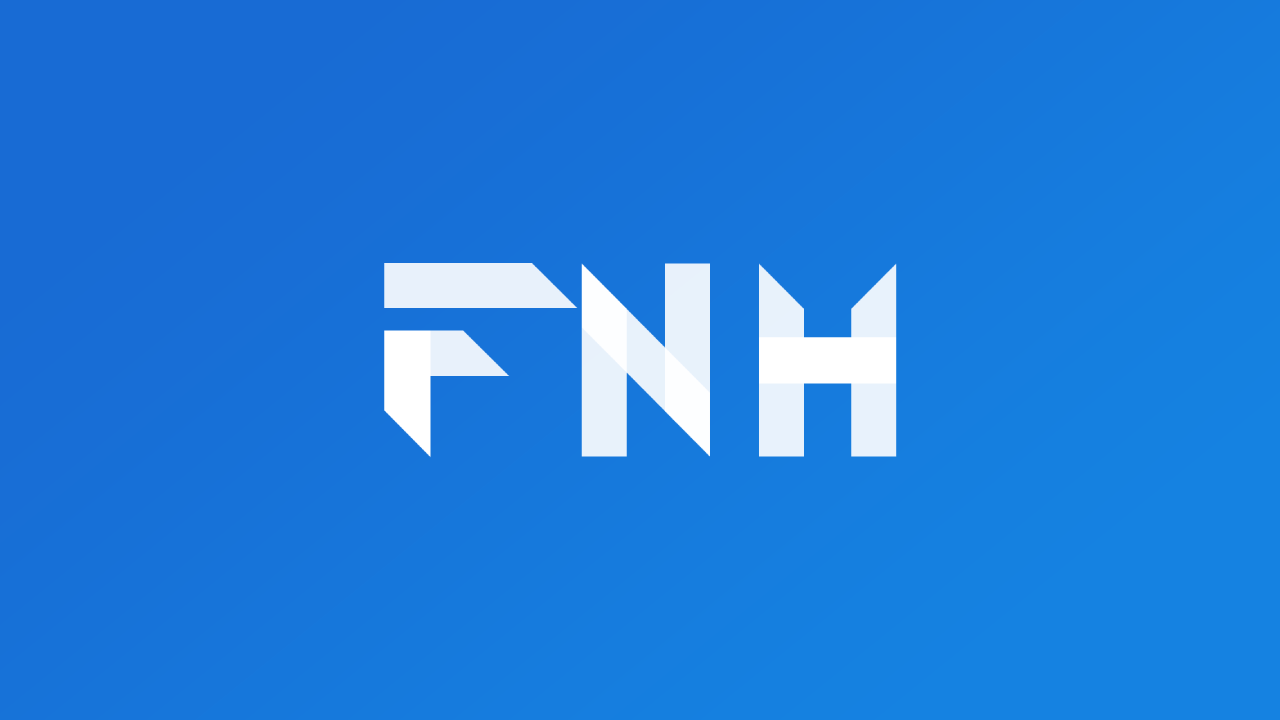Enhance Your Flutter Apps with the WTF Sliding Sheet
Published on by Flutter News Hub

Introduction
The WTF Sliding Sheet package grants you the power to create dynamic UI elements that can be effortlessly dragged, scrolled, and snapped into position. Its versatility enables you to incorporate both persistent and temporary sliding sheets into your app's design.
Usage
As a Persistent Widget
SlidingSheet(
elevation: 8,
cornerRadius: 16,
snapSpec: SnapSpec(snap: true, snappings: [0.4, 0.7, 1.0], positioning: SnapPositioning.relativeToAvailableSpace),
body: Center(child: Text('Below the SlidingSheet')),
builder: (context, state) {
return Container(
height: 500,
child: Center(
child: Text('Content of the sheet'),
));
});
As a BottomSheetDialog
showSlidingBottomSheet(context,
builder: (context) {
return SlidingSheetDialog(
elevation: 8,
cornerRadius: 16,
snapSpec: SnapSpec(snap: true, snappings: [0.4, 0.7, 1.0], positioning: SnapPositioning.relativeToAvailableSpace),
builder: (context, state) {
return Container(
height: 400,
child: Center(
child: Material(
child: InkWell(
onTap: () => Navigator.pop(context, 'This is the result.'),
child: Padding(
padding: const EdgeInsets.all(16),
child: Text('Content of the sheet', style: Theme.of(context).textTheme.bodyMedium),
),
),
),
));
});
});
Snapping
Snapping allows your sliding sheet to snap to specific positions during drag interactions. You can customize this behavior using the SnapSpec parameter.
SnapSpec(
snap: true,
snappings: [0.4, 0.7, 1.0],
positioning: SnapPositioning.relativeToAvailableSpace,
onSnap: (extent) => print('Sheet snapped to $extent');
Headers and Footers
Enrich your sliding sheets with headers and footers to provide additional context or functionality. These elements will remain fixed while the rest of the content scrolls.
SlidingSheet(
...
headerBuilder: (context, state) {
// Header builder
},
footerBuilder: (context, state) {
// Footer builder
},
...
);